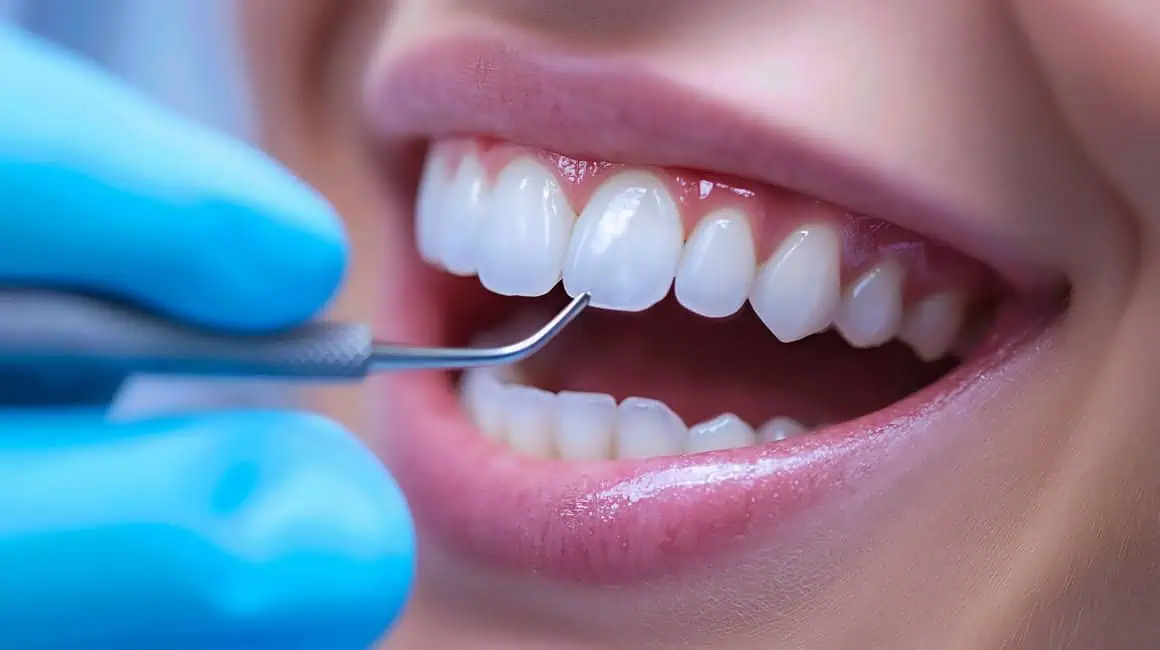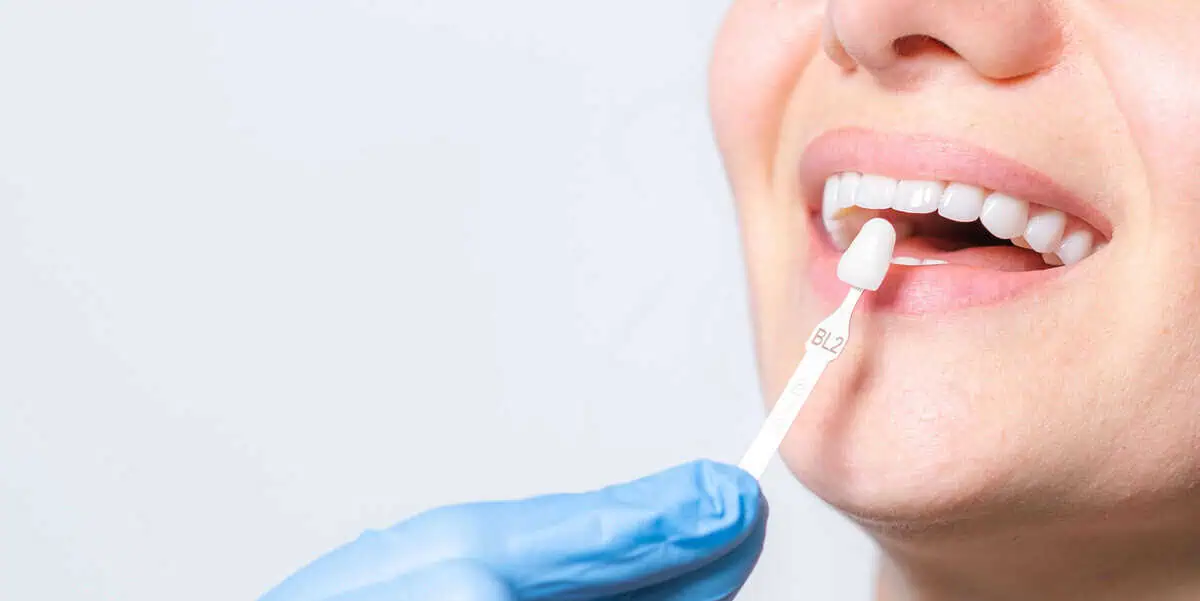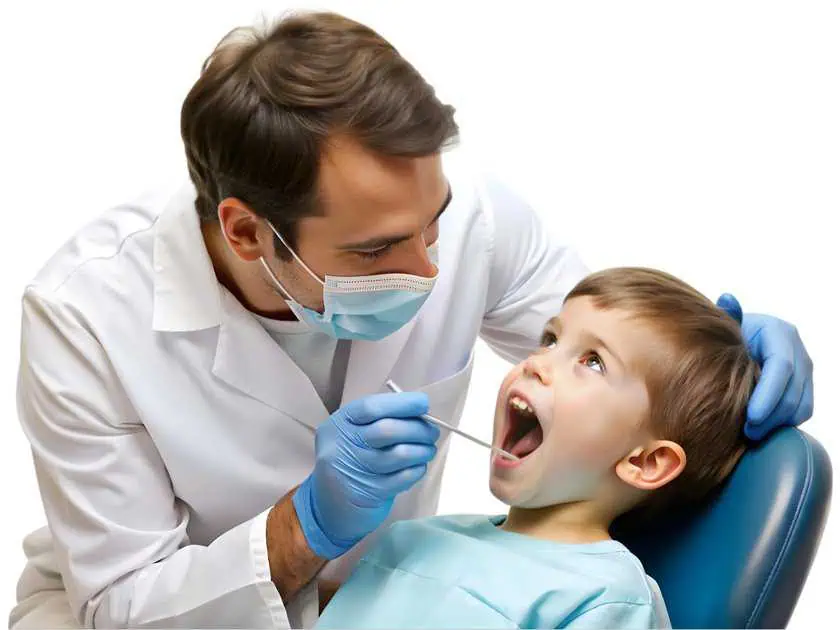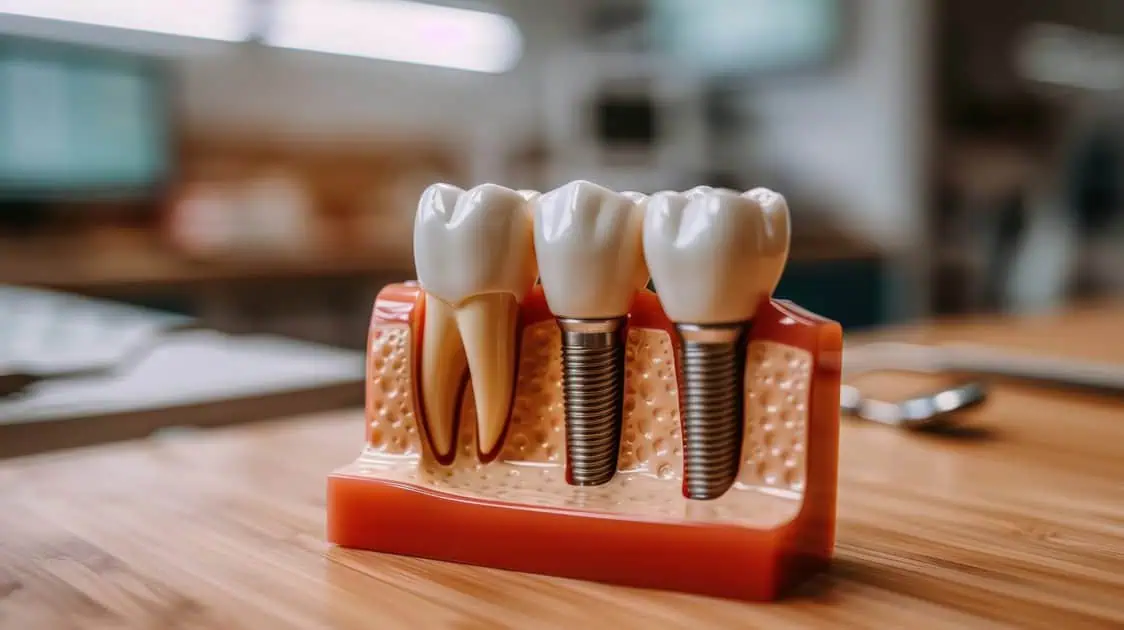
Preventive care is essential in safeguarding optimal health, serving as a proactive defense against potential diseases and health challenges. Especially crucial in dental health, it emphasizes early detection and proactive prevention over reactive treatment. Adopting preventive strategies can markedly lower the risk of severe health issues. At the forefront of this approach, Kelly Smile Design offers a distinctive wellness journey. This article explores preventive care’s various facets and meanings, underscoring its vital role in everyday health management. From consistent dental examinations to making health-conscious lifestyle decisions, preventative maintenance is essential in nurturing a healthier and more fulfilling life.
What is Preventive Care in Dentistry
Preventive care in dentistry is all about maintaining good oral health and avoiding dental diseases and conditions before they start or progress. Dental care is fundamental in ensuring long-term oral health and overall well-being. Here’s a detailed look at preventive care in dentistry, presented in a list post blog format:
- Regular Dental Check-Ups: Encourages bi-annual visits to the dentist for examinations and cleanings. It helps early detect issues like cavities, gum disease, and oral cancer.
- Professional Teeth Cleaning: Regular brushing can’t remove plaque and tartar buildup. Professional teeth cleaning reduces the risk of cavities, gingivitis, and periodontal disease.
- Dental X-rays: Utilize imaging to detect problems not visible during a regular dental exam. It is essential for spotting hidden tooth decay, impacted teeth, and jawbone damage.
- Fluoride Treatments: Strengthens tooth enamel and helps prevent tooth decay. Often a part of routine dental visits, especially for children and adolescents.
- Dental Sealants: Provides a protective coating on the chewing surfaces of back teeth—acts as a barrier against cavities, particularly effective in children and teenagers.
- Oral Hygiene Education: Teaches effective brushing and flossing techniques. Offers advice on diet and lifestyle choices that affect oral health.
- Custom Mouthguards: Recommends for those who play sports or grind their teeth. It helps prevent tooth damage and injuries.
- Early Intervention for Orthodontic Issues: Identifies and addresses misaligned teeth or bite problems early. It can reduce the need for extensive orthodontic treatment later.
- Nutritional Counseling: Guides foods and habits that promote oral health. Advises on avoiding sugary snacks and acidic drinks contributing to tooth decay.
- Tobacco Cessation Support: Offers resources and support for quitting smoking or tobacco use. It reduces the risk of oral cancer, gum disease, and tooth loss.
What are the Types of Preventive Care in Dentistry
Preventive care in dentistry encompasses a range of practices and treatments to prevent oral health issues before they develop or worsen. Understanding these types can help individuals maintain optimal dental health. Here’s a breakdown of the various kinds of preventive care in dentistry, formatted as a list post for easy reading:
- Routine Dental Examinations: Includes periodic dental check-ups every six months to detect any signs of tooth decay.
- Professional Teeth Cleanings: Dental hygienists remove plaque and tartar during checkups to prevent cavities and gum disease.
- Dental X-Rays: Provides detailed images of the teeth and jawbone. It is essential for detecting issues that are not visible during a standard exam.
- Fluoride Treatments: Strengthens tooth enamel and helps prevent the formation of cavities. It is often recommended for children and adults at higher risk of tooth decay.
- Dental Sealants: Coating on back teeth prevents decay in grooves and fissures.
- Oral Cancer Screenings: Conducted during routine dental visits. It involves examining the mouth for signs of cancerous or precancerous conditions.
- Patient Education: Educates patients on proper brushing and flossing techniques. Guides diet and lifestyle choices that impact oral health.
- Custom Mouthguards: Recommended for patients who participate in sports or have bruxism (teeth grinding). It protects teeth from injury and wear.
- Orthodontic Evaluations: Assesses misalignment and corrects with braces or orthodontic treatments to improve oral health.
- Nutritional Counseling: Offers advice on foods and eating habits that support oral health. It helps patients understand the impact of nutrition on teeth and gums.
What are the Benefits of Preventive Care in Dentistry
Preventive care in dentistry is not just about maintaining a bright smile; it plays a crucial role in overall health and well-being. Here are the key benefits of engaging in regular preventive dental care, presented in a list post format for clarity and impact:
- Prevents Tooth Decay and Gum Disease: Regular cleanings and check-ups help prevent cavities and gum disease. Early detection means more straightforward, less invasive treatments.
- Saves Money in the Long Run: Prevents the need for costly dental procedures like fillings, root canals, and extractions. It reduces the likelihood of emergency dental visits.
- Helps Maintain Overall Health: Good oral health reduces the chances of diabetes, heart disease, and infection spread.
- Improves Quality of Life: Ensures a healthy, pain-free mouth, enhancing eating, speaking, and social interactions. It boosts self-esteem and confidence with a healthy smile.
- Promotes Good Oral Hygiene Habits: Dental check-ups reinforce oral care routines with personalized advice.
- Early Detection of Dental Problems: Allows timely intervention before issues become severe. Includes identifying early signs of tooth wear, alignment issues, and oral cancer.
- Protects Against Tooth Loss: Regular care helps preserve natural teeth for longer. It prevents the progression of decay and gum disease, leading causes of tooth loss.
- Educates on Nutritional Impact: Offers guidance on foods and habits that are beneficial or harmful to dental health. It helps in making informed dietary choices for better oral health.
- Customized Care Plans: Dentists can provide tailored advice and treatments based on individual oral health needs. It ensures more effective and personalized preventive care.
- Supports Children’s Dental Development: Early preventive care helps monitor and guide the development of children’s teeth. Addresses potential orthodontic issues, ensuring proper dental growth and alignment.
Consult a Professional
By embracing these benefits, individuals can enjoy a lifetime of healthy teeth and gums, contributing significantly to their overall health and quality of life. Regular preventive care is an investment in dental health that pays dividends in comfort, appearance, and well-being. Tailored dental advice will help you maintain a lifetime of healthy smiles and enhanced well-being. Consulting with a professional cosmetic dentist will provide clarity and guide individuals toward the best dental treatment option.
Takeaway
Preventive care in dentistry, as championed by Kelly Smile Design, is an invaluable investment in your oral and overall health. Don’t let dental issues go undetected or untreated. Take the proactive step towards a healthier, more confident you. Contact Kelly Smile Design today to book your appointment. Join the community of individuals who value the benefits of preventive dental care. Your journey to optimal oral health starts here.







